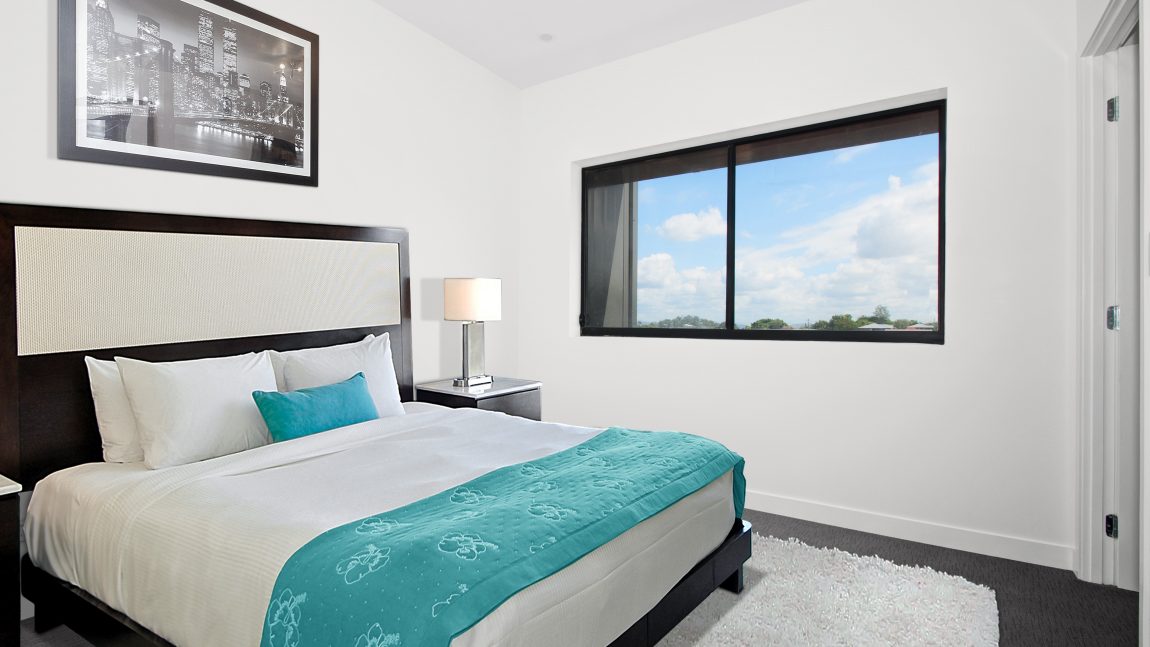This paper highlights the impact sustainable practices has on the financial statement of a hotel.
In recognition of the importance sustainability has finally taken within the hospitality sector, PKF hotelexperts, the global advisory firm serving the hospitality, tourism & leisure and serviced living sectors, has compiled this fantastic Whitepaper on Sustainability along with MIPIM UK, and the Considerate Group were delighted to have been able to contribute with case studies and sector knowledge.
Key findings of the report cover:
Travel bookers: In many countries, large corporations must submit sustainability reports and monitor the carbon footprint of their activities, including staff travel. Hotels making little effort to decrease their carbon footprint and increase the sustainability of their operations risk losing this critical market segment, negatively impacting net room revenue.
Staff: According to an employee engagement study from 2016, over half of employees do not want to work for a company that isn’t strongly committed to social and environmental issues. This suggests that a more sustainable hotel will be better positioned to attract and retain employees, reduce staff turnover and decrease recruiting costs.
New technologies can provide affordable, sustainable solutions, including self- check-in systems, key cards and property management systems.
F&B: Implementing sustainability into the concept can attract eco-conscious consumers who are willing to pay a premium for sustainable products. Sourcing locally and seasonally not only reduces Co2 emissions in the supply chain but also supports local economies and communities.
Food Waste additionally represents a huge cost – it is estimated that about 1.3 billion meals are thrown away each year by the hospitality industry, which represents about one in six meals served.
A WRAP study analysed 42 hotels that introduced food waste reduction measures, and found that they saved about 4% of the cost of goods sold (COGS). About 95% of analysed properties were able to recoup their investment within two years. Payback periods are especially short within mid- range and luxury hotels.
Waste & single-use-plastics: Single-use plastics have gained attention as one of the most important things to eliminate, with the straw in particular being a symbolic representation of wasteful and unsustainable practices. However the next few years will see an increasing scrutiny on all of a hotel’s waste streams, so being unprepared will have significant consequences.
Sales & Marketing: Being ahead of the curve in sustainability will create a competitive advantage. Many corporations have been reviewing their travel policies and hotel selection criteria, Therefore, a low carbon output rating can lead to more bookings from eco-conscious leisure travellers as well as from the MICE and corporate segments.
Energy Costs: In our experience, the average amount the hotel industry spends on energy and water use is between 3% and 6% of total operating revenue.
The report covers solutions for Lighting, Heating, AC, and Water, as well as highlighting how hotels can save money on their resource consumption by using our platform: Con-Serve™. The Case study provided by Considerate from the Oetker Collection illustrates this on page 7 of the report.
Taxes: As the global outcry and demand for improvements increases, local and national governments will find it easier to impose even larger financial penalties for carbon emissions. This will escalate the financial risk of not implementing sustainable practices in a hotel operation.
Conclusion: The report demonstrates that improving sustainability will increasingly have a positive impact on the top and bottom-line of a hotel. In summary, sustainable practices will be increasingly important to protect and generate revenue and reduce cost in the rooms department. The proof of concept is now well established, meaning there are few excuses not to implement sustainable practices in a hotel.



